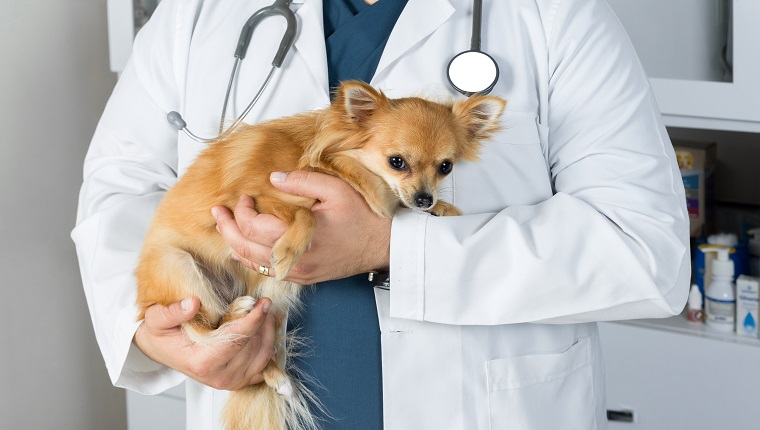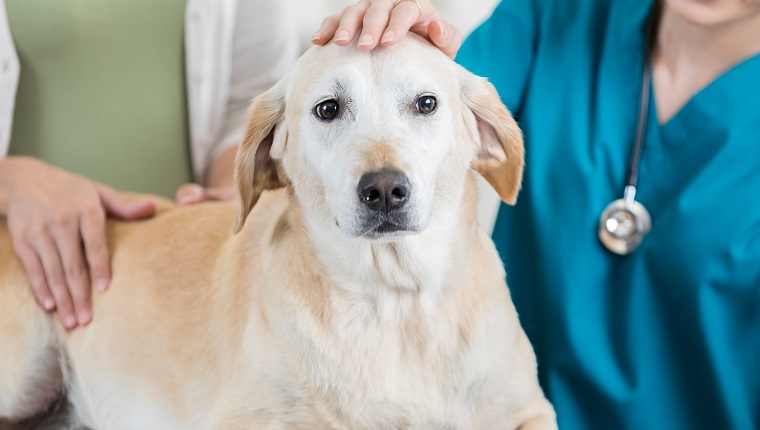Coagulopathy of liver disease in dogs is medical condition that concerns the liver and its role making sure that blood can clot effectively. The issue can become life-threatening for dogs if it’s left untreated.
Symptoms often appear in relation to blood — for example, blood in the dog’s stool, blood in the vomit, or excessive bruising.
If you see signs that your canine is suffering from liver disease, then consult your veterinarian for a proper diagnosis and advice. Here’s what you should know about the symptoms, causes, and treatments of coagulopathy of liver disease in dogs.
Symptoms Of Coagulopathy Of Liver Disease In Dogs
Coagulopathy of liver disease in dogs can produce a number of symptoms. Some of the most typical symptoms include:
- Feces containing red blood
- Vomiting, which may include blood
- Stool black in color due to digested blood
- Spitting up blood
- Bruising
- Bleeding a lot after blood is drawn
Causes Of Coagulopathy Of Liver Disease In Dogs

The cause of coagulopathy of liver disease in dogs can be one of a number of things. Some of the most common causes include:
- Viral liver disease
- Vitamin K deficiency
- Liver failure
- Cirrhosis
- EHBDO (extrahepatic bile duct obstruction)
- Lack of blood flowing to the liver, known as portosystemic vascular anomaly or PSVA
Veterinary Treatments
If you suspect that your dog has developed coagulopathy of liver disease, then your veterinarian will want to carry out a full physical examination.
This process will include a full series of blood tests, which the vet will then analyze to determine the blood’s ability to clot effectively. Vets can also use x-rays to examine any relevant issues in the liver.
When it comes to treatment, the severity of the issue will be taken into account. In extreme cases, dogs may need a period of hospitalization. However in less severe cases, vets will likely recommend supportive care.
There is a chance your vet might prescribe a course of antibiotics as part of a treatment program. As ever, if your vet prescribes your dog antibiotics, it’s vital that you stick to the precise dosage and frequency instructions and complete the full course of medication.
Has your dog developed coagulopathy of liver disease? What steps did your vet take to treat your dog’s condition? Tell us all about it in the comments below.









